Genetics
-
 Genetics
GeneticsStanley Qi gives CRISPR a makeover to redefine genetic engineering
By adapting CRISPR/Cas9, Stanley Qi has given genetic engineers a plethora of new tools.
-
 Genetics
GeneticsDog behaviors like aggression and fearfulness are linked to breed genetics
A study looking at how 101 dog breeds behave finds a strong association between genetics and 14 personality traits.
-
 Humans
HumansPersonalized diets may be the future of nutrition. But the science isn’t all there yet
How a person responds to food depends on more than the food itself. But what exactly is still a confusing mix of genes, microbes and other factors.
-
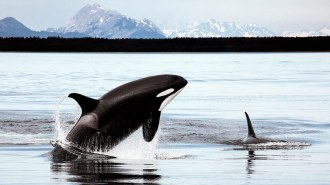 Life
LifeLosing genes may have helped whales’ ancestors adapt to life under the sea
Jettisoning genes tied to saliva and the lungs, among others, could have smoothed ancient cetaceans’ land-to-water transition 50 million years ago.
-
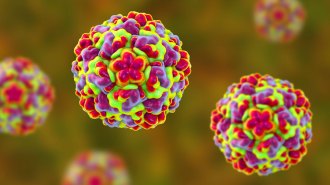 Health & Medicine
Health & MedicineDisabling one protein might one day lead to a cure for the common cold
Scientists have identified a protein in humans that some viruses, including those that cause colds, need to spread.
By Sofie Bates -
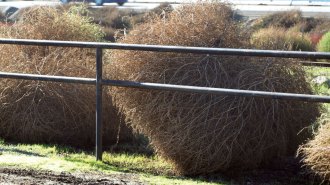 Plants
PlantsWhy tumbleweeds may be more science fiction than Old West
A tumbleweed is just a maternal plant corpse giving her living seeds a chance at a good life somewhere new.
By Susan Milius -
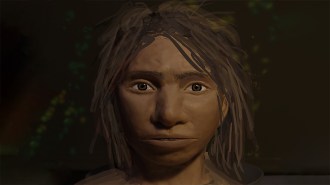 Humans
HumansAncient DNA reveals the first glimpse of what a Denisovan may have looked like
A controversial technique reconstructs a teenage Denisovan’s physical appearance from genetics.
By Bruce Bower -
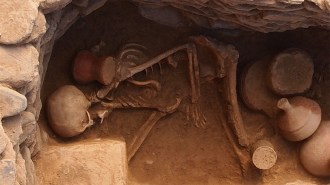 Humans
HumansDNA indicates how ancient migrations shaped South Asian languages and farming
Farming in the region may have sprung up locally, while herders from afar sparked language changes.
By Bruce Bower -
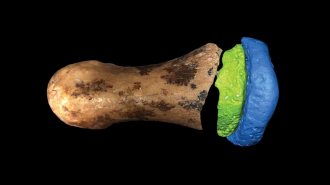 Anthropology
AnthropologyThis ancient Denisovan finger bone is surprisingly humanlike
Despite Neandertal ties, extinct hominids called Denisovans had a touching link to humans, a new study finds.
By Bruce Bower -
 Genetics
GeneticsThere’s no evidence that a single ‘gay gene’ exists
Many genetic factors with small effects combine with one’s environment to influence sexual behavior, researchers say.
-
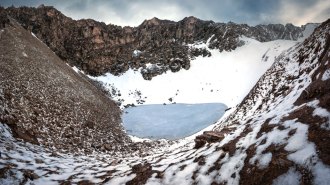 Humans
HumansIndia’s Skeleton Lake contains the bones of mysterious European migrants
Not all of the hundreds of skeletons found at a north Indian lake are from the same place or period. What killed any of these people is still unknown.
By Bruce Bower -
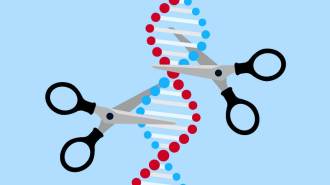 Life
LifeCRISPR enters its first human clinical trials
The gene editor will be used in lab dishes in cancer and blood disorder trials, and to directly edit a gene in human eyes in a blindness therapy test.